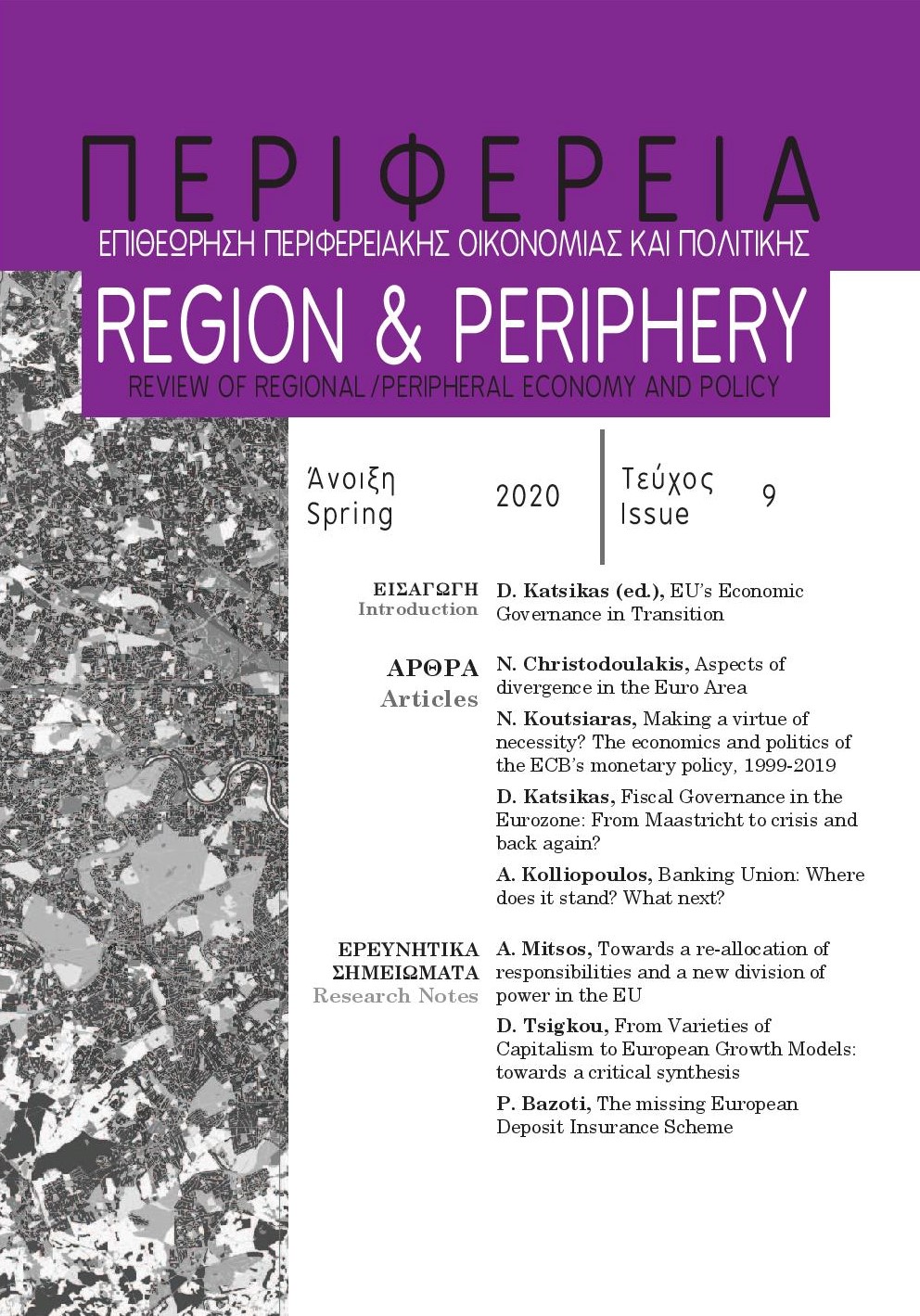From Varieties of Capitalism to European Growth Models: towards a critical synthesis

Abstract
The widespread belief that globalization would lead to the gradual convergence of advanced capitalist economies was challenged by the emergence of the Comparative Capitalism (CC) literature. Arguably the most influential approach within CC is the Varieties of Capitalism (VoC) model which argues that differences among advanced capitalist economies not only do not fade away but may be amplified due to the disparate comparative institutional advantages that various socioeconomic models may hold. VoC, nonetheless, was soon criticized -among others- for its binary ontological framework and heuristic shortcomings by the second generation CC. Contemporary writings within the third generation CC suggest a radical break from VoC as the focus should be, it is argued, on the demand, rather than the supply, side of the economy. This article posits that while the third generation CC has shifted attention to other institutional and policy fields, emphasizing essentially macroeconomic issues vis-à-vis economic policy reform, an epistemological rapprochement between the two main strands of CC could offer a more contextualized understanding of the different proposals put forward by the member states regarding the on-going Eurozone reform effort.
Article Details
- How to Cite
-
Tsigkou, D. (2020). From Varieties of Capitalism to European Growth Models: towards a critical synthesis. Perifereia | Regional Integration: Politics, Economics, Governance, (9), 141–149. https://doi.org/10.12681/rp.23788
- Section
- Research Note

This work is licensed under a Creative Commons Attribution-NonCommercial 4.0 International License.
Authors who publish with this journal agree to the following terms:
· Authors retain copyright and grant the journal right of first publication with the work simultaneously licensed under a Creative Commons Attribution Non-Commercial License that allows others to share the work with an acknowledgement of the work's authorship and initial publication in this journal.
· Authors are able to enter into separate, additional contractual arrangements for the non-exclusive distribution of the journal's published version of the work (e.g. post it to an institutional repository or publish it in a book), with an acknowledgement of its initial publication in this journal.
· Authors are permitted and encouraged to post their work online (preferably in institutional repositories or on their website) prior to and during the submission process, as it can lead to productive exchanges, as well as earlier and greater citation of published work.


